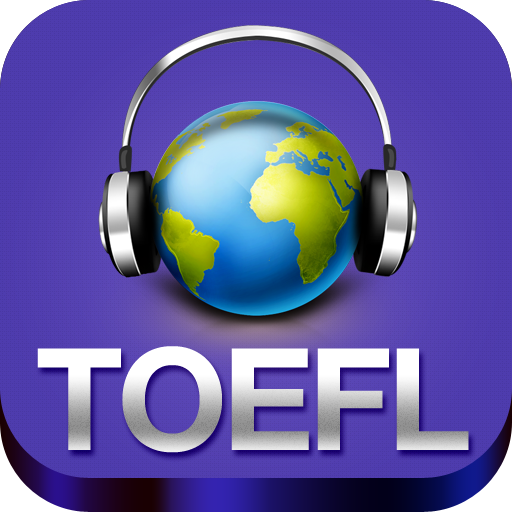I wasn't expecting at all. After talking to bunch of TOEFL test takers with poor score, I have realized one thing, "READING Section is one of the pit fall for low score."
So, I had to go to the root of the problem. Why do test takers are not getting good scores in reading section. Read it carefully, few of them might be yours.
More exercises are coming to improve Reading skills!
So, I had to go to the root of the problem. Why do test takers are not getting good scores in reading section. Read it carefully, few of them might be yours.
Symptoms:
{I ran out of time. I understand most of the passages but I don't get enough time to finish}
(Slow reader)
{I finish way before the clock stops but my score is low}
(Fast reader)
{I don't understand the questions even though I understand the passage
(Blind reader)
{I don't understand the passages- they are ready hard to understand}
(Lost reader)
Now if you know your problem lets cure it!
Read carefully -
For the Reading section you will have 3 – 4 passages from academic texts; and there will be 12 -- 14 questions per passage
You will get 60 – 80 min.
and score will be between 0 – 30
You will get 60 – 80 min.
and score will be between 0 – 30
So it is clear that you will get approx. 20 minutes for each passage (what ever their length is)
Remedy-
Slow reader - GET A WATCH!
Read this Passage in 10 minutes. If you can't finish is it by 10 minute, don't worry, count how many minutes do you take. Then try another passage and always target 10 minutes.
Slow reader - GET A WATCH!
Read this Passage in 10 minutes. If you can't finish is it by 10 minute, don't worry, count how many minutes do you take. Then try another passage and always target 10 minutes.
Fast reader - GET A WATCH!
Read this Passage TWICE in 10 minutes. If you can't finish is it by 10 minute, don't worry, count how many minutes do you take. Then try another passage and always target 10 minutes.
Read this Passage TWICE in 10 minutes. If you can't finish is it by 10 minute, don't worry, count how many minutes do you take. Then try another passage and always target 10 minutes.
Blind Reader - Get this book and Go through the READING section of this book. There are 10 Types of Questions you need to understand.
Lost reader - Work on your vocabulary and try easier passages from Here!
More exercises are coming to improve Reading skills!












